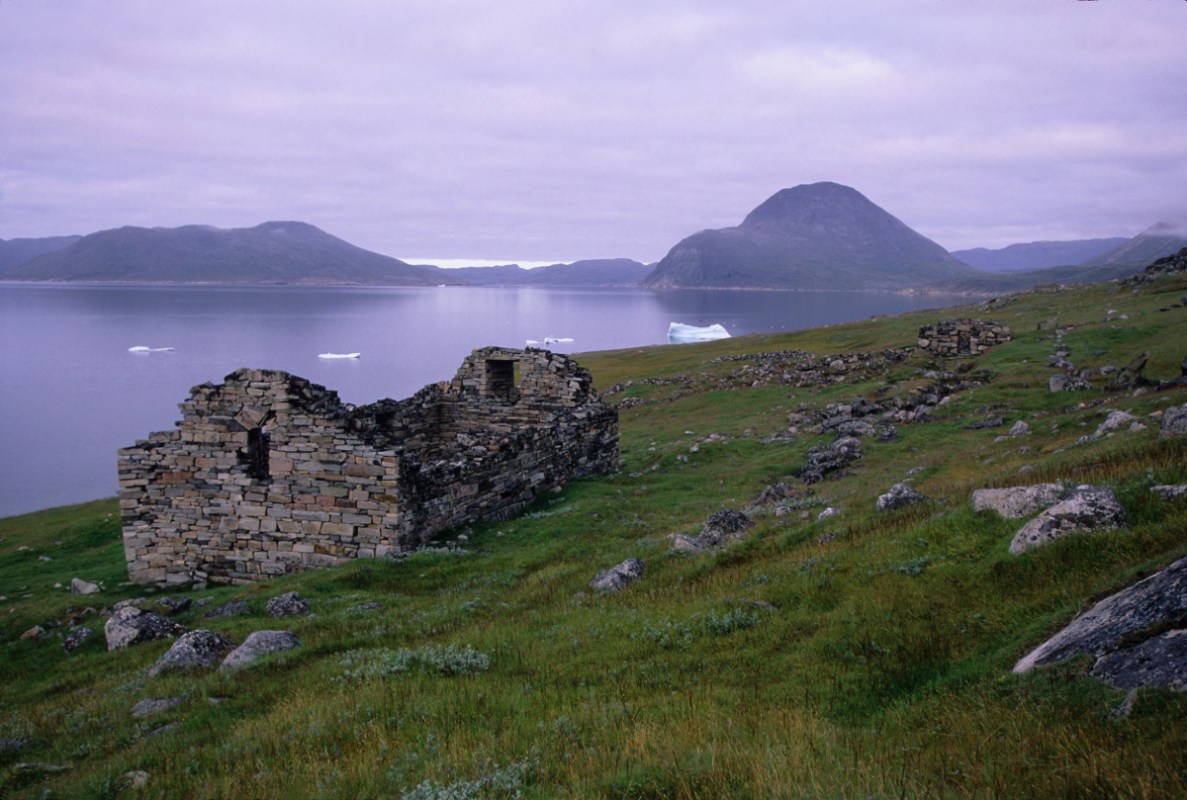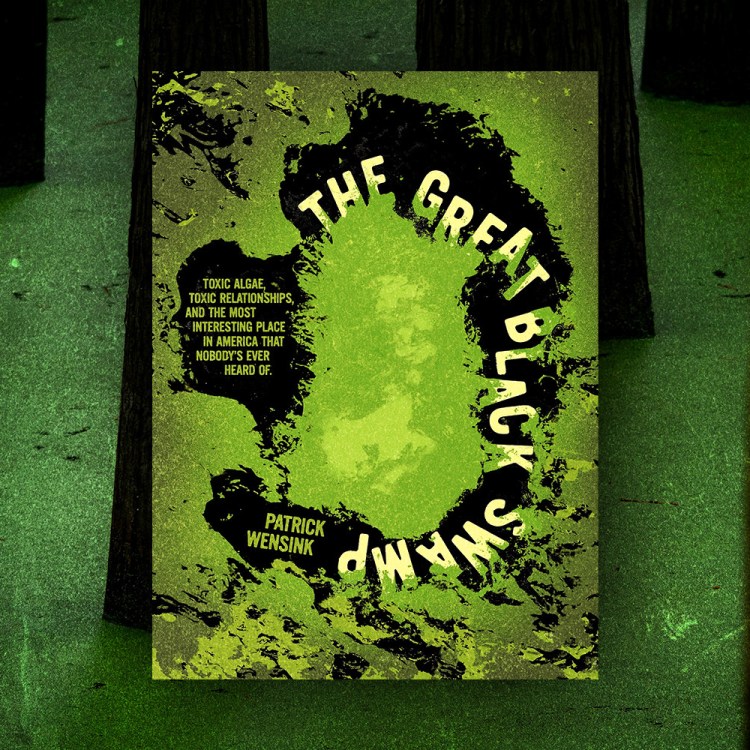What was considered in 2016 to be evidence of the first signs of life on Earth in Greenland is now being walked back as very old rocks, squished and pressurized over time.
“I was initially quite enthusiastic,” the lead researcher debunking the fossil find, Abigail Allwood, told National Geographic. “But then I sort of was looking more closely and seeing some funny things.”
Allowed explained that the chemistry of the rocks doesn’t seem to have ever been alive, in her opinion. She and her team revisited the site in Greenland to extract their own samples and didn’t find conclusive evidence of life.
But not everyone is convinced. The team that originally discovered the alleged fossils said it put them through a battery of tests to conclude they were once stromatolites — “fossilized traces of sun-loving cyanobacteria” that still exist today, according to NatGeo.
“We shouldn’t be surprised that there’s debate,” Yale biochemist Noah Planavsky — who wasn’t involved in either analysis — told the nature publication.
But he’s leaning towards the new conclusion, noting that the lack of a 3-D analysis in the original study was “a real shortcoming.”
Thanks for reading InsideHook. Sign up for our daily newsletter and be in the know.


















